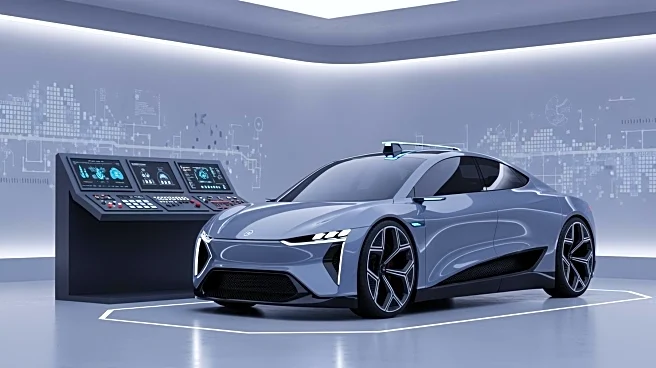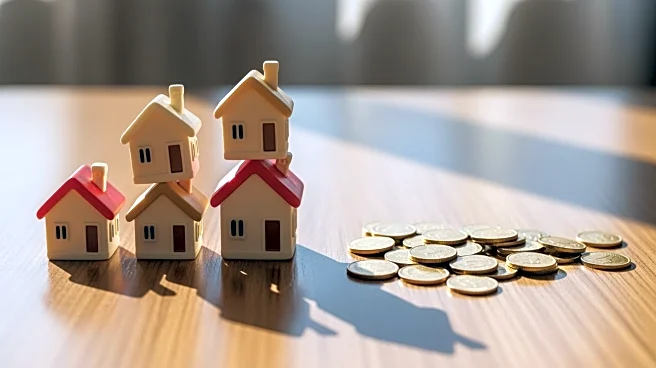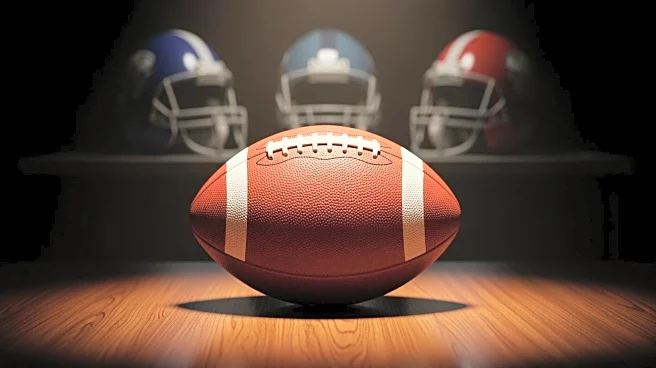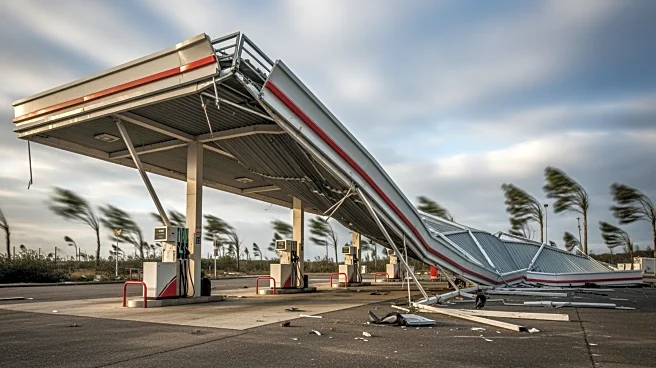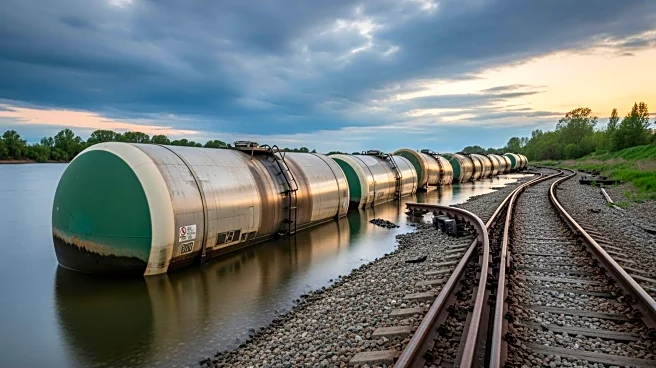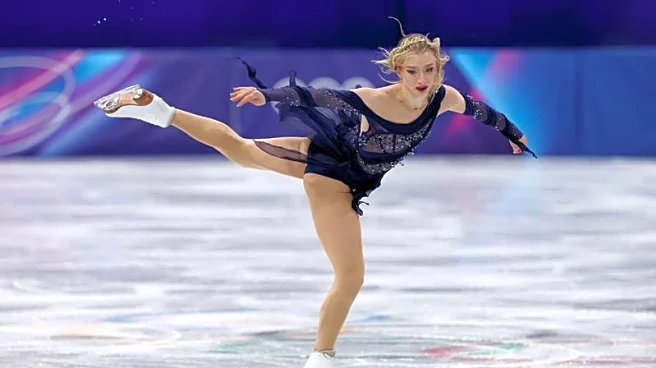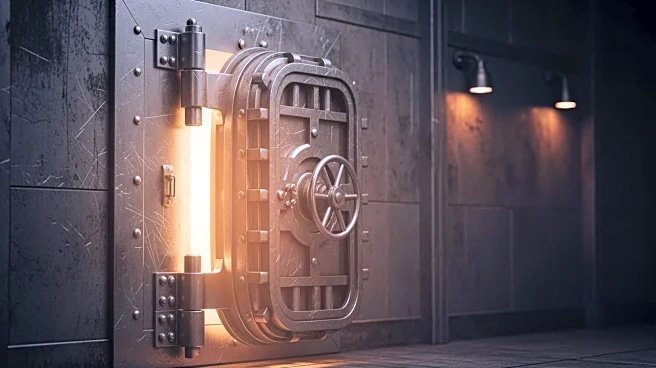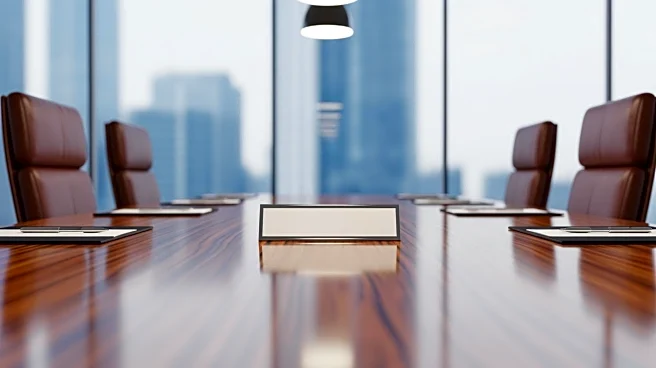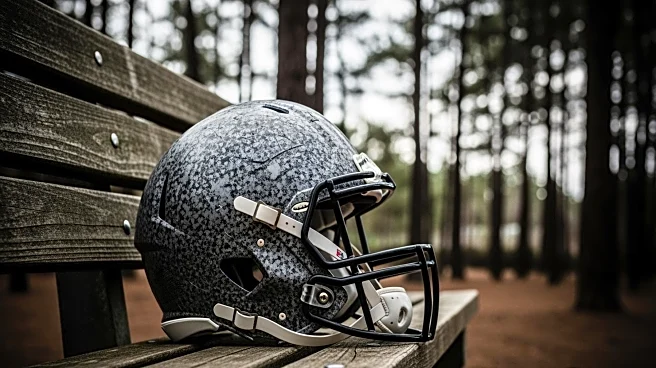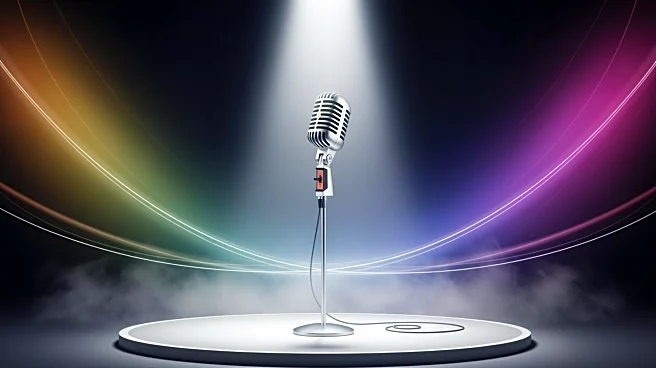What's Happening?
Two former Tesla executives, Andrej Karpathy and Sterling Anderson, have publicly challenged CEO Elon Musk's optimistic predictions regarding the company's self-driving technology. Karpathy, who led Tesla's AI and Autopilot teams from 2017 to 2022, emphasized
the complexity of achieving full autonomy, describing it as an exhaustive process that requires significant effort to improve reliability from 90% to 99%. He praised Tesla's vision-based approach but cautioned against overhyping early progress, noting that unsupervised Full Self-Driving (FSD) remains a challenging goal. Anderson, Tesla's first Autopilot director and now GM's global products head, criticized Tesla's timeline for autonomy, advocating for incremental safe deliveries to build trust. Despite Musk's forecasts of unsupervised FSD by late 2025, Tesla faces legal challenges over Autopilot crashes, and even Musk's lawyers have dismissed his predictions as corporate puffery.
Why It's Important?
The skepticism from former Tesla leaders underscores the ongoing challenges in achieving reliable self-driving technology, which has significant implications for the automotive industry and public safety. If Tesla's ambitious timelines are overly optimistic, it could affect investor confidence and regulatory scrutiny. The broader impact on the industry includes potential delays in the widespread adoption of autonomous vehicles, which are expected to revolutionize transportation by reducing accidents and improving efficiency. The criticism also highlights the importance of transparency and realistic expectations in technological advancements, which can influence consumer trust and market dynamics.
What's Next?
Tesla is planning to begin production of its Cybercab in Q2 2026, aiming for Level 4-5 autonomy. However, the assessments from former leaders suggest that achieving these levels of autonomy may take several more years. As Tesla continues to develop its self-driving technology, it may face increased scrutiny from regulators and the public, particularly in light of ongoing lawsuits related to Autopilot crashes. The company may need to focus on incremental improvements and safety assurances to maintain its leadership in the autonomous vehicle market.
Beyond the Headlines
The debate over Tesla's self-driving technology raises ethical and legal questions about the responsibility of automakers in ensuring the safety and reliability of autonomous systems. As the technology progresses, there will be a need for clear regulations and standards to govern its deployment, balancing innovation with public safety. The cultural shift towards accepting autonomous vehicles will also depend on how companies like Tesla address these challenges and communicate their progress to consumers.
